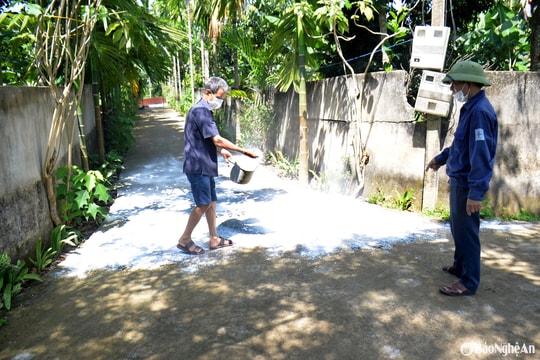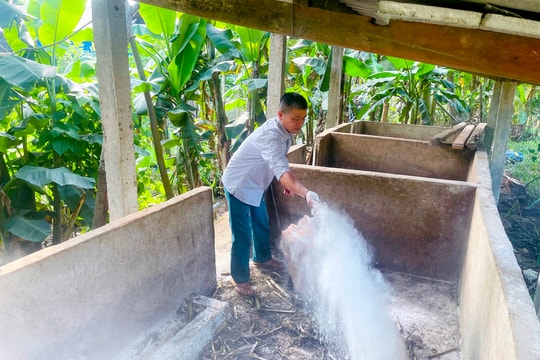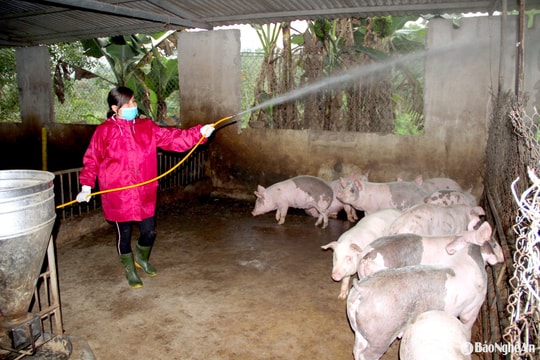Consumers wary of pork as African swine fever breaks out
African swine fever is developing complicatedly in many localities in Nghe An. Although there have been official recommendations from the authorities not to “turn their backs” on pork, the reality shows that consumers are still more hesitant and cautious in using this familiar food.
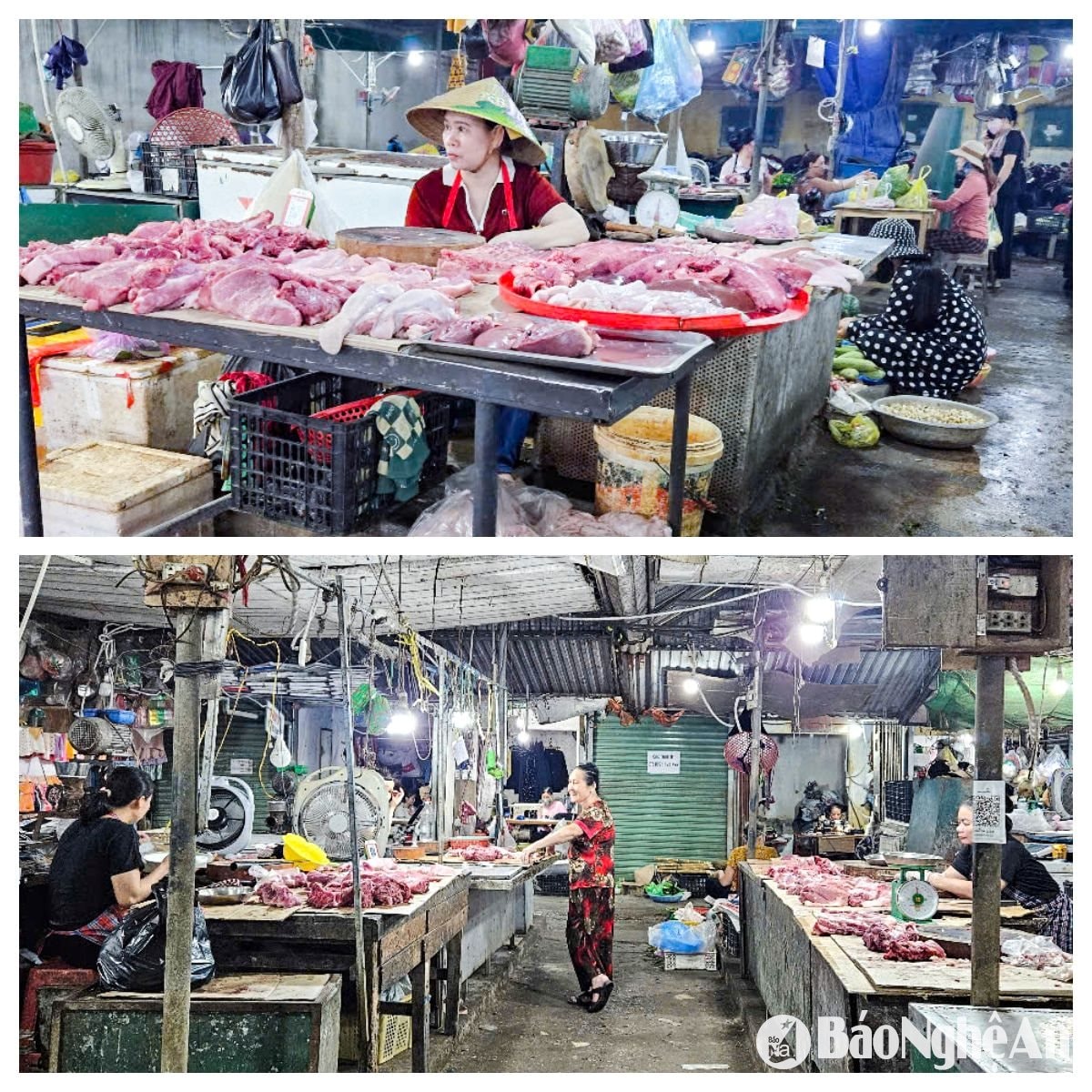
At around 11am, Vinh market (Vinh city) was deserted but Ms. Le Thi Dao's pork stall still had many customers. "In recent days, purchasing power has dropped noticeably. Before, I sold about 200 kg of meat from 3 pigs every day, now I can't sell out even if I slaughter only 1 pig. There are few individual customers, collective kitchens and shops have also limited the use of pork in their daily menus...", Ms. Dao said.
Not only Vinh market, many other traditional markets in Vinh city are also in a similar situation. Mr. Tran Dinh Nam, a trader in Thanh Chuong district who regularly transports meat to the city for sale, said: "Previously, at 6am in the morning, I transported 100kg of meat to Vinh, and by about 9am, it was all sold out because people prefer pork from the countryside, raised by smallholder farmers.
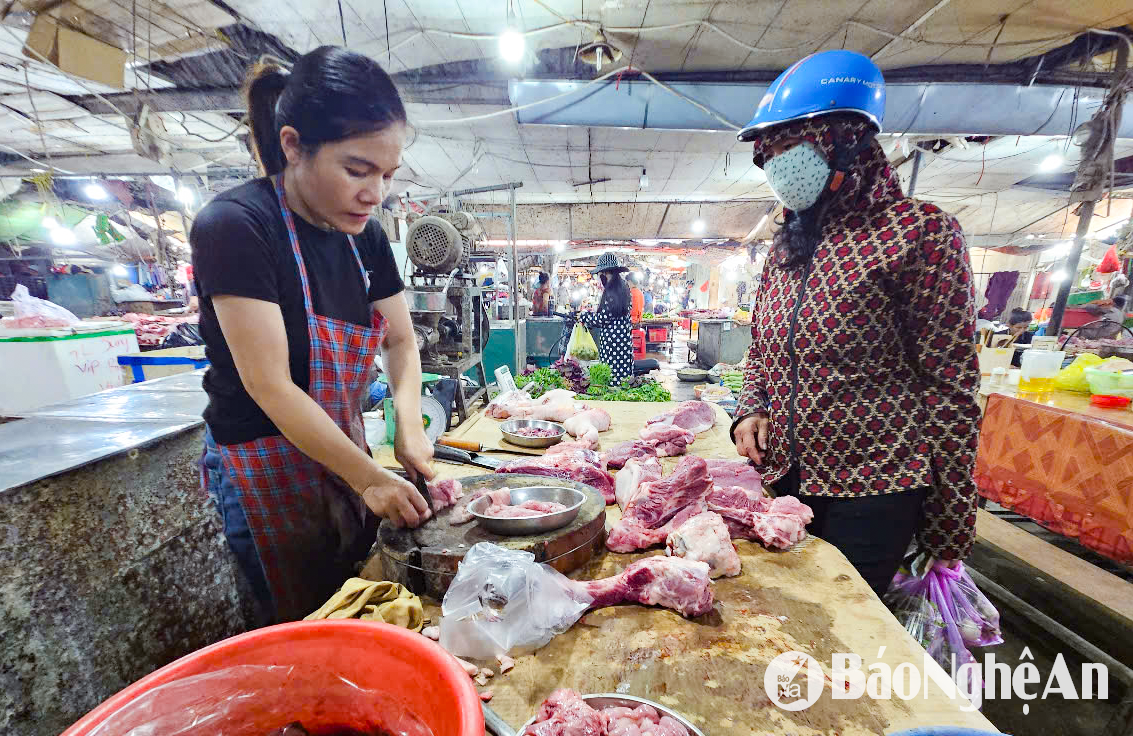
Now, when Thanh Chuong has become a “hot spot” for swine fever, meat is unsold. Even though I have agreed to reduce the price by 10-20% compared to before and the meat I sell has clear quarantine certificates, but as soon as they hear about the epidemic, they turn their backs, no matter how I explain, it is useless.
The fear of pork amid the outbreak is not only seen among housewives but also spread to restaurants. Slow sales, falling prices but still difficult to consume pork have put considerable pressure on small farmers and businesses.
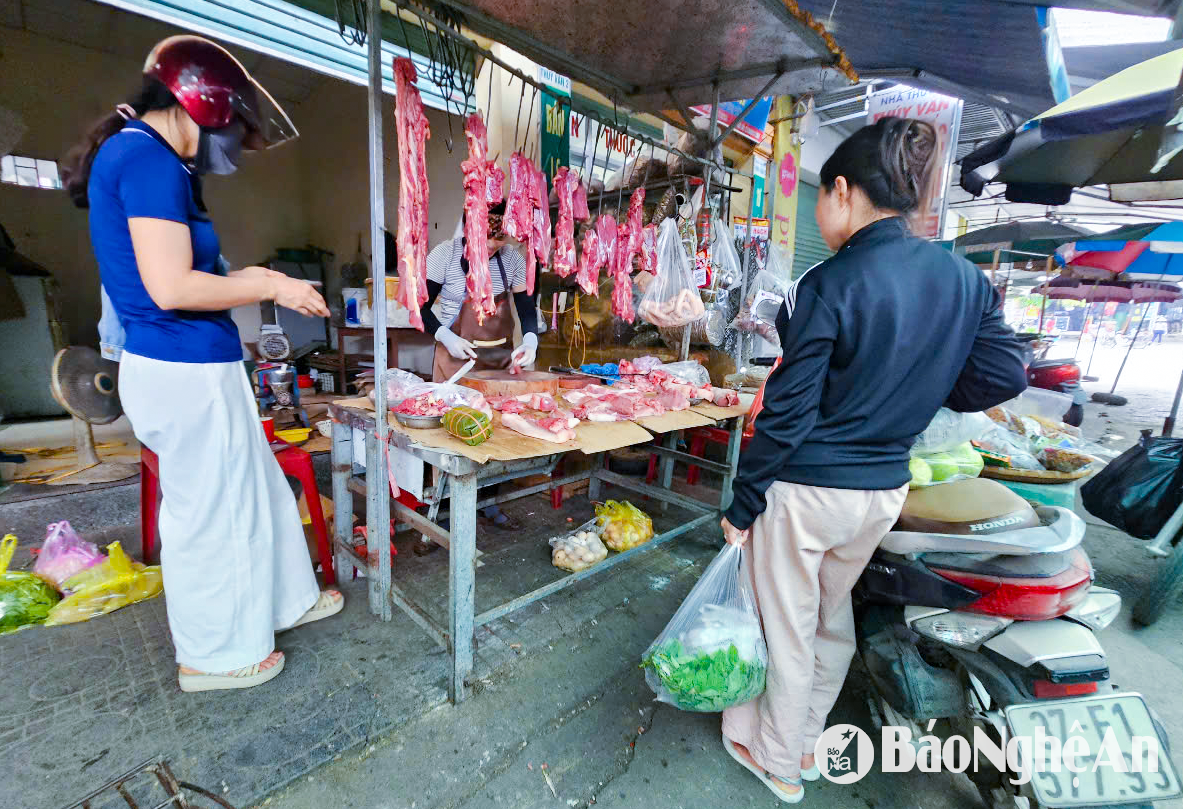
Ms. Pham Thi Tuyet, a consumer in Le Mao ward (Vinh city) said: “I still eat pork but I have to buy it at supermarkets or clean food stores, where there are clear labels and origins. As for meat from the market, I have temporarily stopped because I am not sure. Many acquaintances have also switched to buying chicken or fish for safety.”
In fact, many consumers are still willing to spend an additional 10,000 - 20,000 VND/kg to buy meat at supermarkets and organic food stores. The reason is not the price but the belief in food safety and hygiene. According to some organic food stores, pork consumption in recent days has remained stable, not affected as much as in traditional markets.
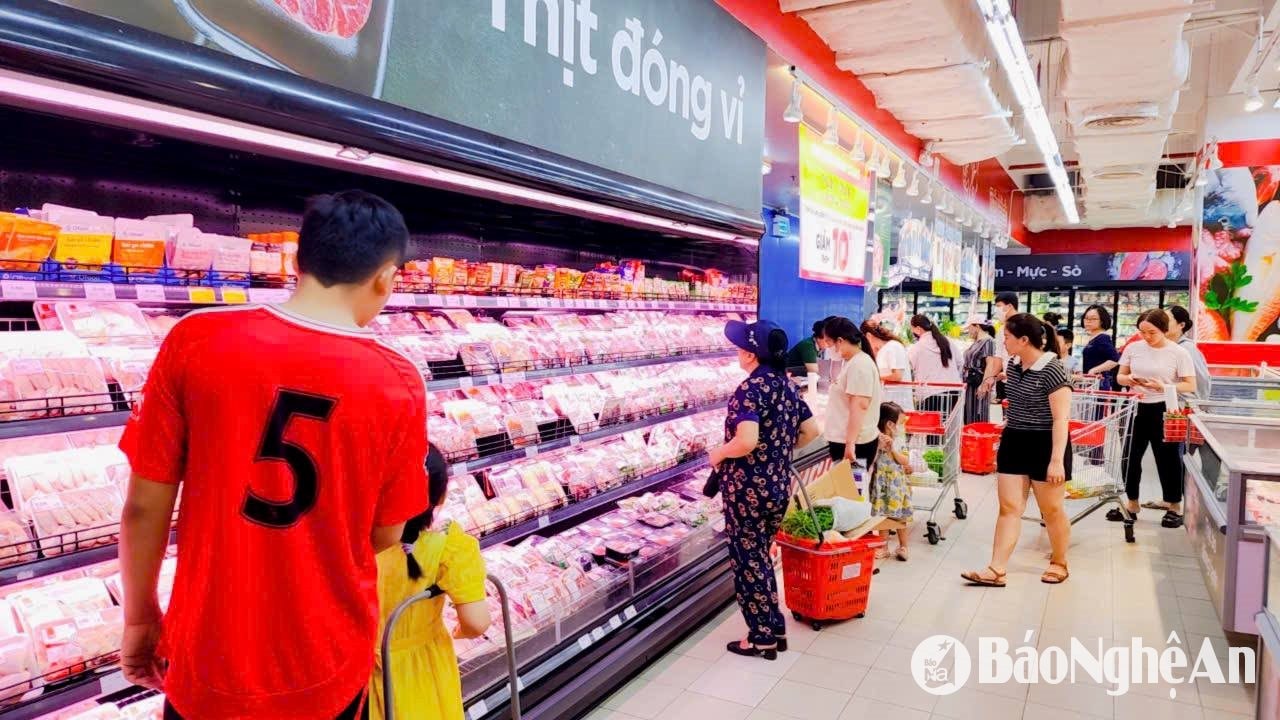
Mr. Nguyen Van Trong, manager of a clean food store on Le Nin Street, Vinh City, said: “Customers still buy regularly, even slightly increasing at some times. The price of meat here is higher than the market because it has been fully inspected and quarantined, but they still trust it because they know the origin. When there is an epidemic, people tend to choose a safer place to buy rather than looking at the price.”
Meanwhile, in rural areas, the situation is not so optimistic. Pork, which used to be a staple food for many households, has been significantly reduced in meals. Some people have turned to frozen meat, canned food or other substitutes.
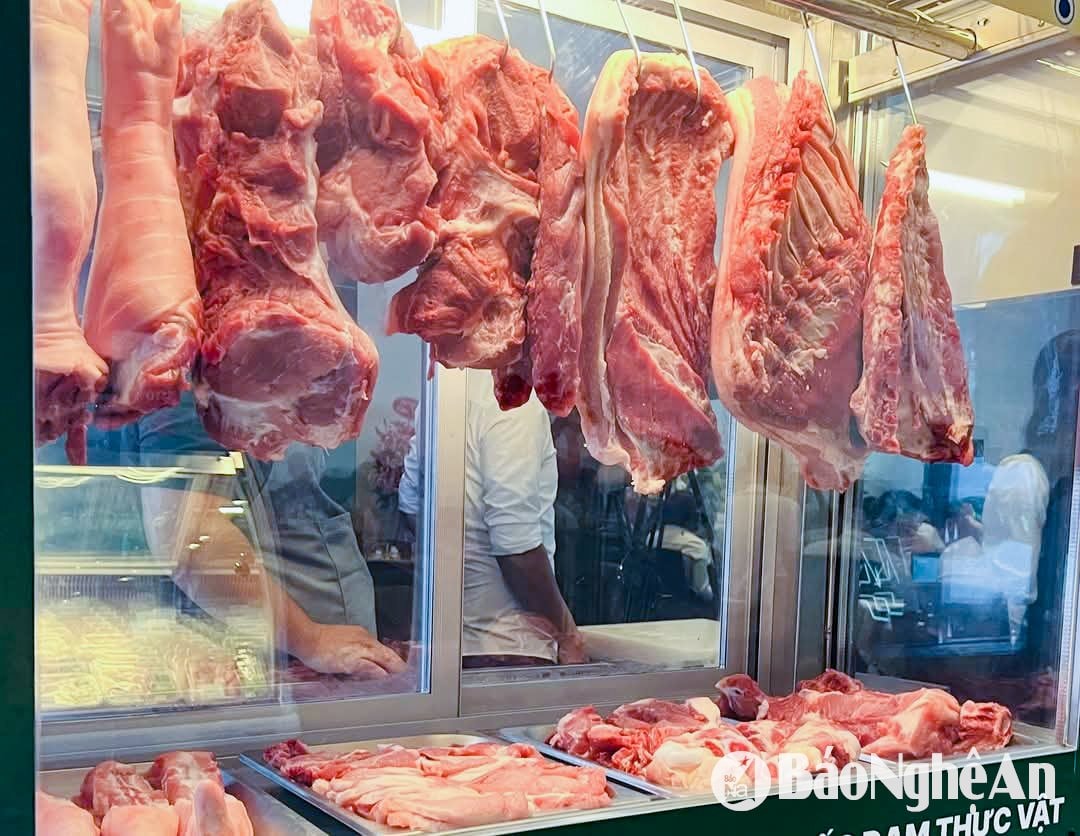
On the part of the authorities, many recommendations have been made to stabilize the market and guide people to consume responsibly.
According to the Nghe An Department of Animal Husbandry and Veterinary Medicine, African swine fever is not transmitted to humans. If pork is inspected, slaughtered properly, and stored hygienically, it can be used normally. However, people's concerns are still difficult to eliminate.
“Although I know a lot about African swine fever, I am still afraid to buy pork at traditional markets. Because currently, through social networks, many people have reported that in some localities, there are still cases of infected pigs escaping, and the slaughtering is still not strictly controlled…”
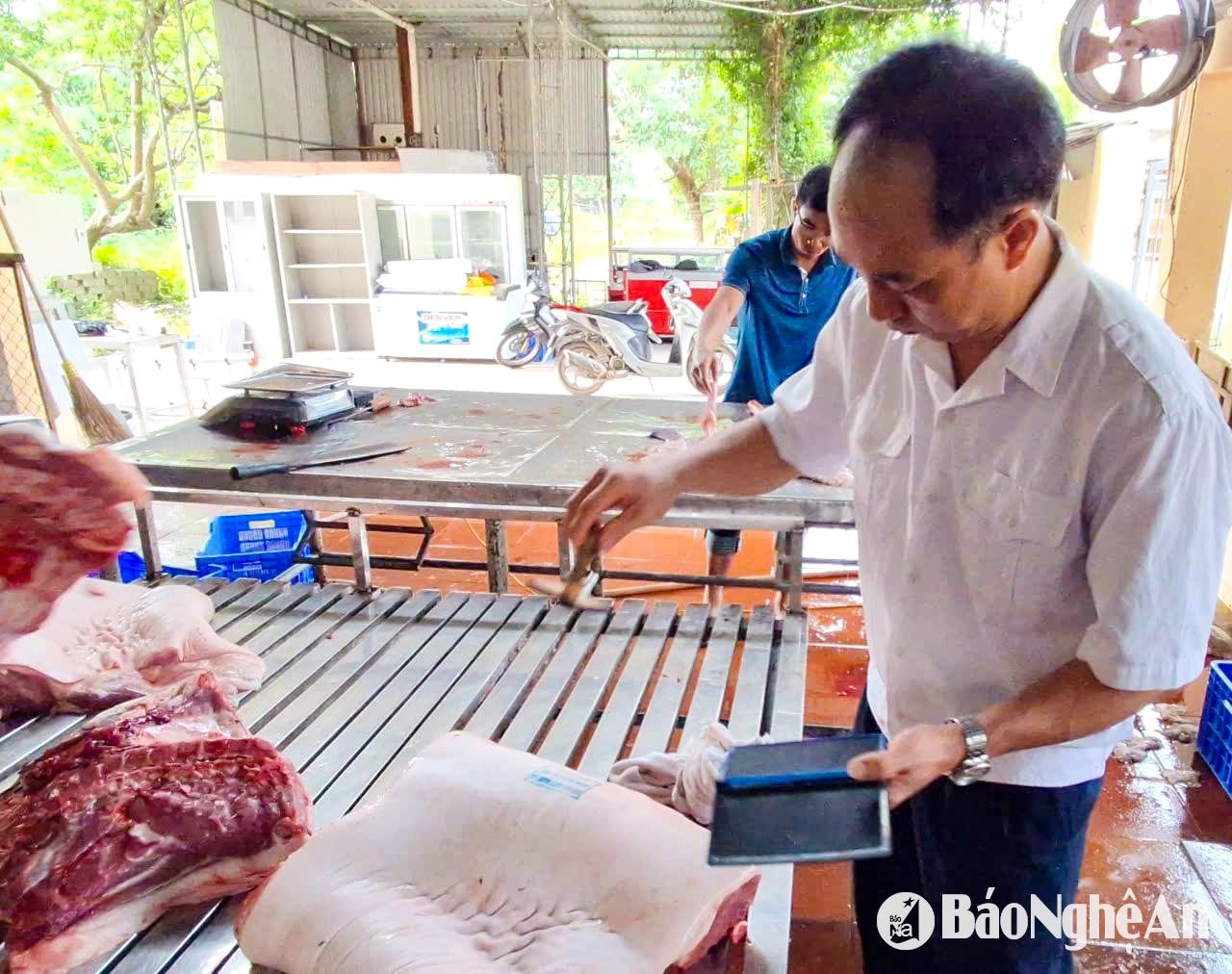
The current sluggish pork market is the result of a chain of broken trust – from production, slaughter, transportation to consumption. Even if the meat is clean and safe, if the control is not tight and the information is unclear, consumers will still choose to be defensive. In that context, improving disease prevention and control capacity, publicly and transparently publicizing qualified slaughterhouses and reputable businesses, along with strengthening market inspections are key solutions.

